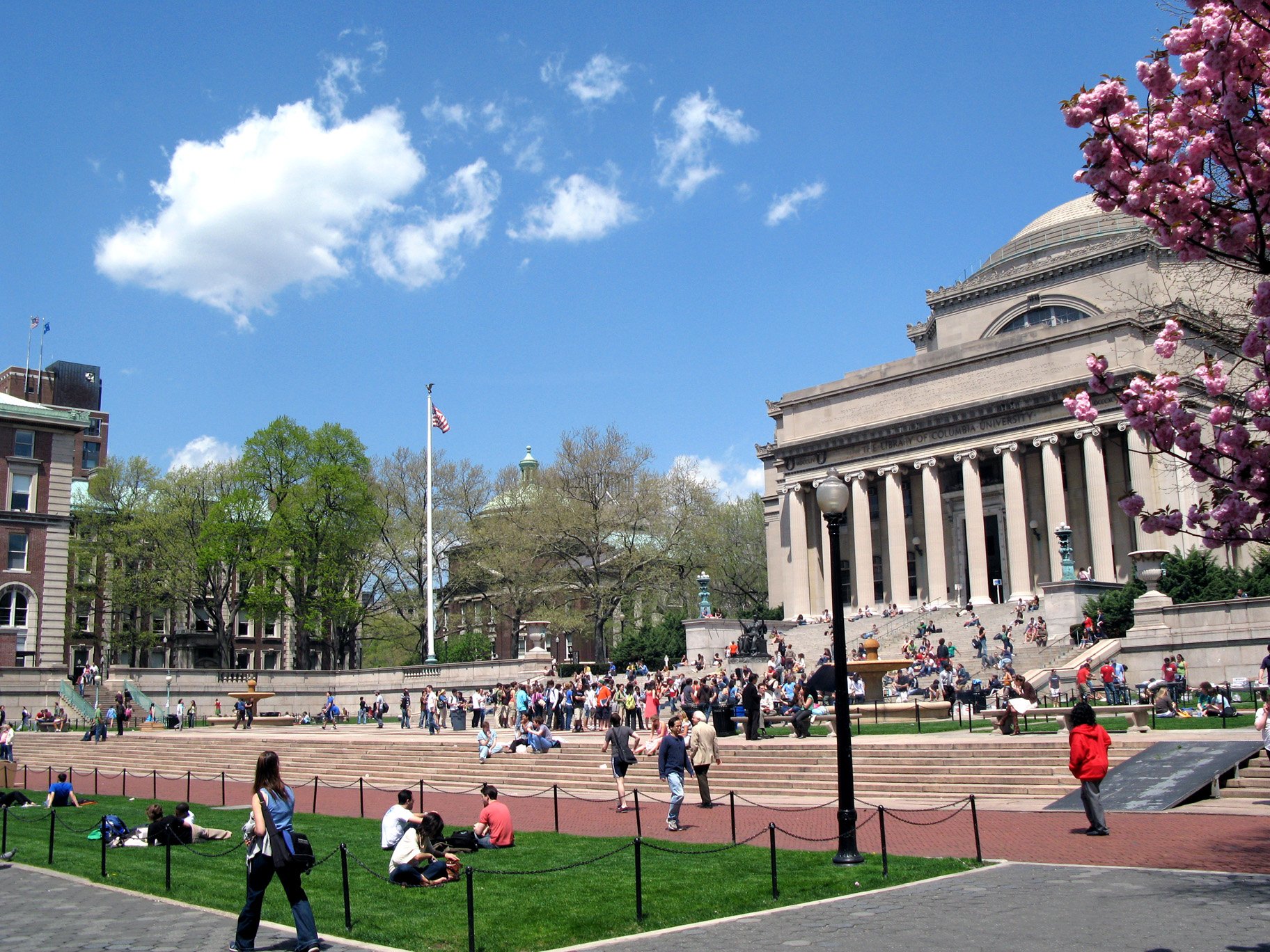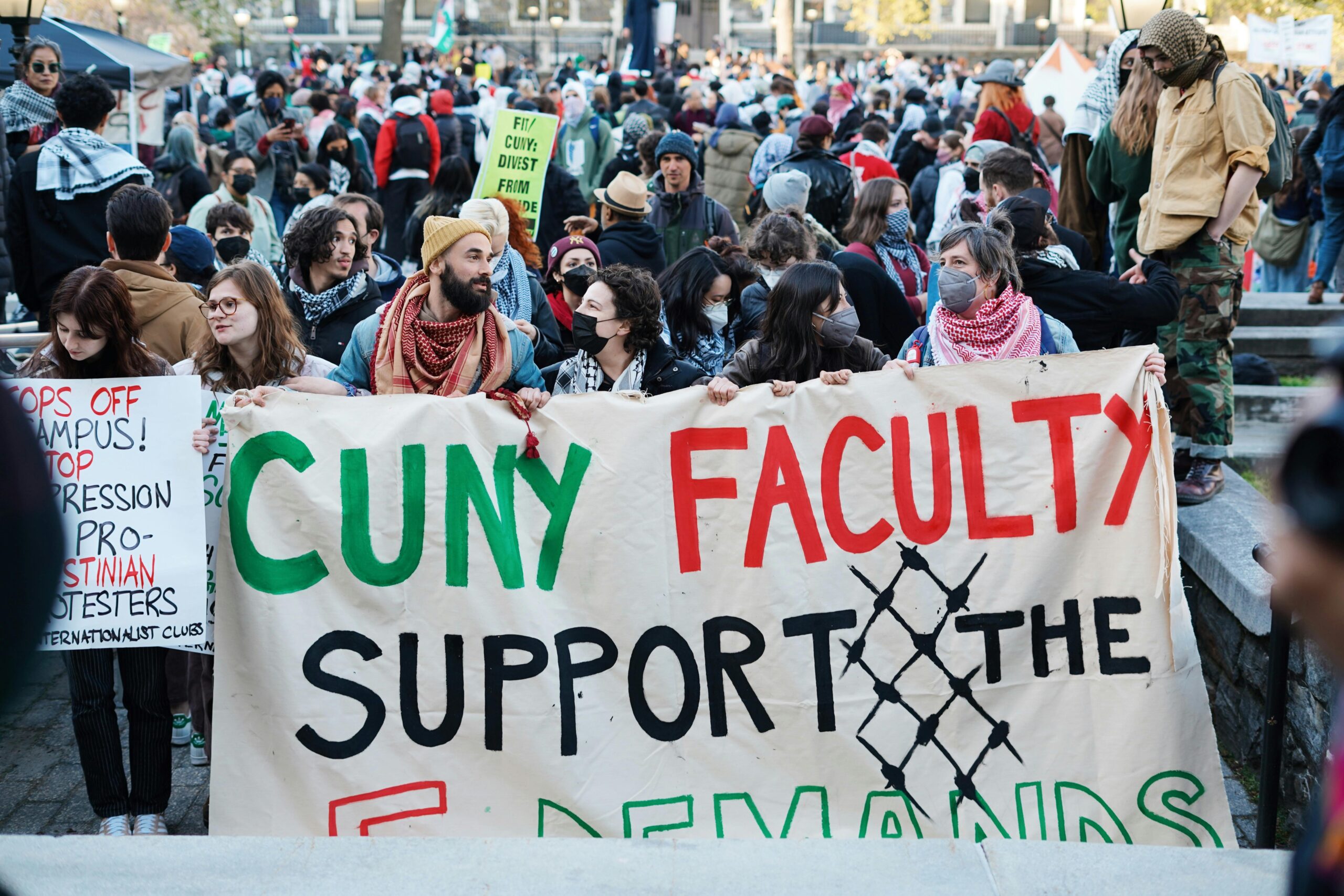Amidst all the hullabaloo of the Purim celebrations—all the excitement, the simcha and the many deep messages of the chag—there is something very strange about how and when we celebrate this festive chag.
As we know, there are two days of Purim: Yerushalayim celebrates on the 15th of Adar, known as Shushan Purim, while the rest of the world celebrates on the 14th of Adar. The Megillah explains that throughout Persia the Jews destroyed their enemies on the 13th and rested on the 14th—whereas in Shushan the Jews destroyed their enemies on both the 13th and 14th, and then rested on the 15th. Therefore, walled cities celebrate on the 15th, to commemorate Shushan, while the rest of the world celebrates on the 14th, commemorating the celebration throughout the rest of Persia.
At first glance, this makes perfect sense. Upon reflection, however, there is something strange here. If the actual defeat of our enemies happened on the 13th and 14th of Adar, then we should celebrate on those days. Why instead do we celebrate the day after the defeats, the 14th and 15th, when the Jews rested from their battles?
In contrast, consider other chagim that commemorate an event. On Pesach, we celebrate the evening when Am Yisrael is freed by Pharaoh. On Chanukah we commemorate the days when the oil actually burned. On Shavuot we celebrate the day on which we received the Torah.
So why, on Purim, don’t we celebrate on the days when the miracle occurred—but, rather, on the days after, when nothing special actually happened?
This question is raised by Rav Shlomo Carlebach, and he gives an extremely powerful explanation.
Many commentaries point out a fundamental difference between the miracles of Pesach and the miracle of Purim. The miracles of Pesach are open and obvious miracles, whereas the miracle of Purim was a hidden miracle. During the Exodus, God’s supernatural involvement was clear. In contrast, God’s involvement is hidden during the entire Purim story: God’s name does not in the Megillah at all.
We might think that the events of Pesach—the supernatural, where God’s hand is evident in the clearest way possible—would be the preferred way to experience salvation from God. Yet at the same time there is an important advantage to salvation through the hidden hand of God. Because while it may be harder initially to notice the Yad Hashem, once a person does so he has now armed himself with a new skill: the ability to see Hashem within the hidden.
Those who witnessed Yetziat Mitzrayim and Kriat Yam Suf were fortunate to experience Hashem’s presence with unparalleled clarity. But they only merited to see Him within the supernatural. In contrast, those who experienced the hidden miracle of Purim had a different advantage: While His presence was harder to notice, once it was recognized they had now developed the invaluable skill of seeing Yad Hashem even within the natural.
The true celebration of Purim is not simply the recognition of God’s hidden hand within the Purim story itself—but a celebration of our ability to shift that recognition into seeing God’s hidden hand in our own lives as well. To look at all the incredible gifts we are blessed with, all the personal miracles that we experience every day—and recognize God’s hand in them all. That is the message of Purim: seeing God within our everyday lives.
This, suggests Rav Shlomo, is why we celebrate Purim the day after the actual salvation, a day when nothing actually happened. Because the ultimate goal of Purim is to take this newfound koach, the ability to see God within the hidden, and apply it to everyday life.
Rav Shlomo then adds that this is why Purim is a day of tremendous potential in our relationship with Hashem. Because when we love someone, then even the most mundane actions that they do can touch us deeply. When a parent watches his child sleep, even the smallest things, like the way the child breathes, is precious. When one’s 3-year-old laughs or does something silly, his heart melts. A person may not appreciate real art, but if his 5-year-old draws him a picture, it becomes a masterpiece. When you love someone, even the smallest thing they do for you carries tremendous meaning.
On Purim we try to develop such a closeness with Hashem that He doesn’t need to do supernatural miracles for us to appreciate Him. Even the small things He does for us, the everyday miracles, are appreciated deeply. That is the real power of Purim, and the level that we strive to attain on Purim.
Our everyday lives as parents are extremely hectic and chaotic. Between our jobs and responsibilities as parents and heads of a household, our days are filled morning till night with much pressure and many tasks. The message of Purim is to make sure, at times, to stop and see the miracles of everyday life that God gives us—particularly the greatest miracles He has given us, namely our kids. To realize that each of our children is a gift from Hashem. To notice the small nuances of our lives as parents that we tend to take for granted—and to appreciate them more. To hug our kids a little tighter and thank Hashem for these amazing miracles that He has given us.
Rav Yossi Goldin is the menahel tichon at Yeshivas Pe’er HaTorah, rebbe at Midreshet Tehilla, and placement advisor/internship coordinator for the YU/RIETS Kollel. He lives with his family in Shaalvim and can be reached at [email protected].













